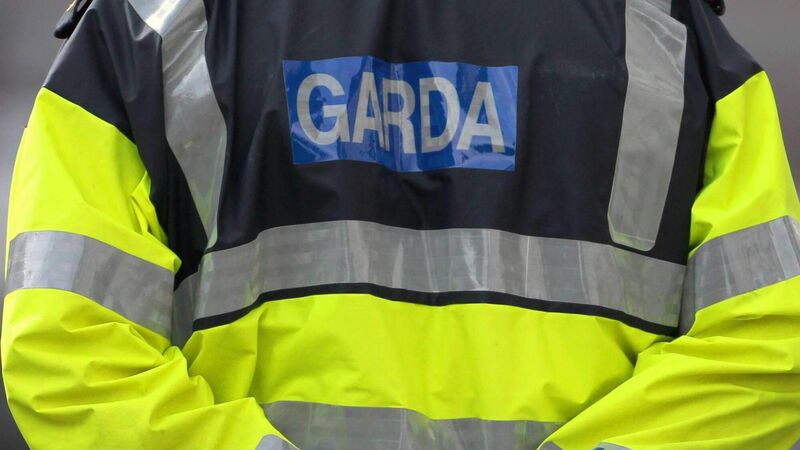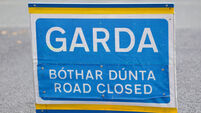Policing house parties 'legally possible' but 'hugely problematic', says legal expert

Legal experts say more detail is needed on government plans to police house parties. File picture
People holding a house party will have less legal protection in any potential prosecution for breaching Covid-19 regulations if the Government makes it a civil, rather than a criminal, offence, a legal expert has said.
Professor Shane Kilcommins said while any house owner prosecuted will be spared a criminal penalty, they will not have the same rights a defendant has in a criminal prosecution.











